A new study has revealed sexual harassment is driving workers out of the Cook Islands tourism industry.
The finger is being pointed not only at drunk customers but at suggestive and overly sexualised marketing, the increasingly skimpy costumes worn at cultural shows and tourists' misunderstanding of traditions like the aravei, or kiss, which Cook Islanders give on greeting.
Cook Islander Lisa Sadaraka has released the findings of research conducted in 2014 as part of her hospitality studies at the Auckland University of Technology.
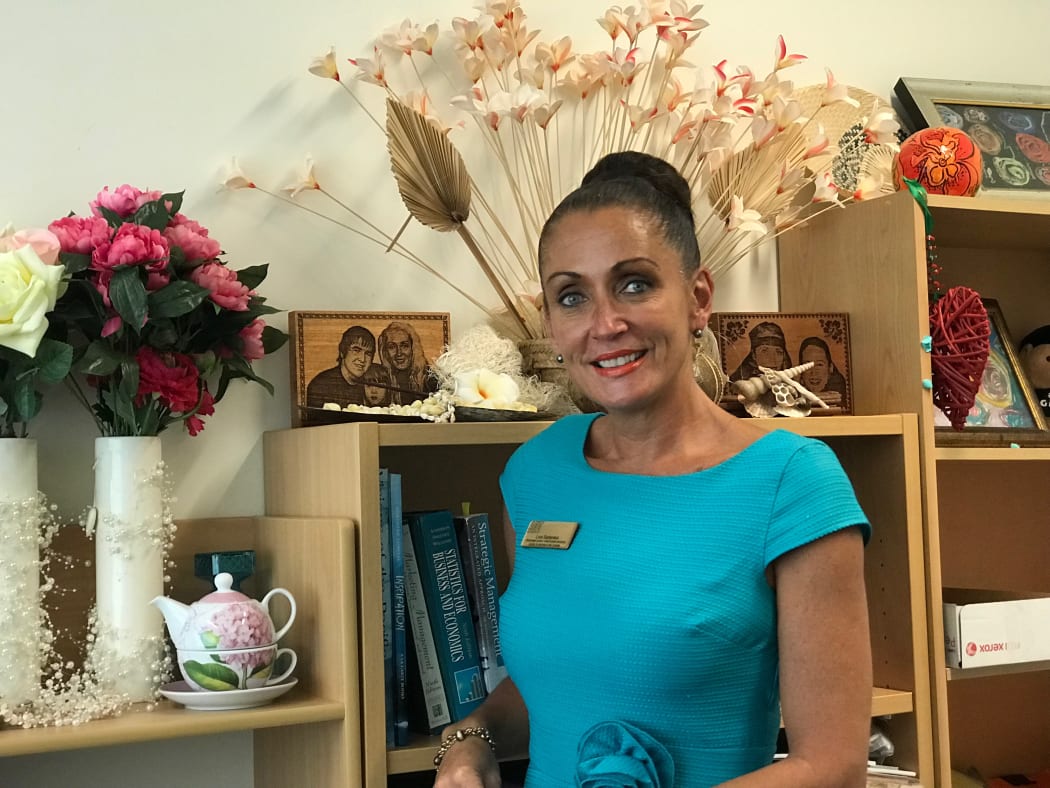
AUT researcher Lisa Sadaraka Photo: Supplied
She said the interviews with 32 men and women across the industry showed an overwhelming lack of awareness about the issue and the need for policies and training as well as a conversation about how the country is trying to attract visitors.
"I felt like I'd opened up Pandora's Box," Ms Sadaraka said.
"I wasn't sure what response I was going to get, given the sensitive nature of the research but once one person came forward there were others that came forward and I just had an overwhelming response to the study and I think it indicated to me that this is an issue that is getting brushed under the carpet."
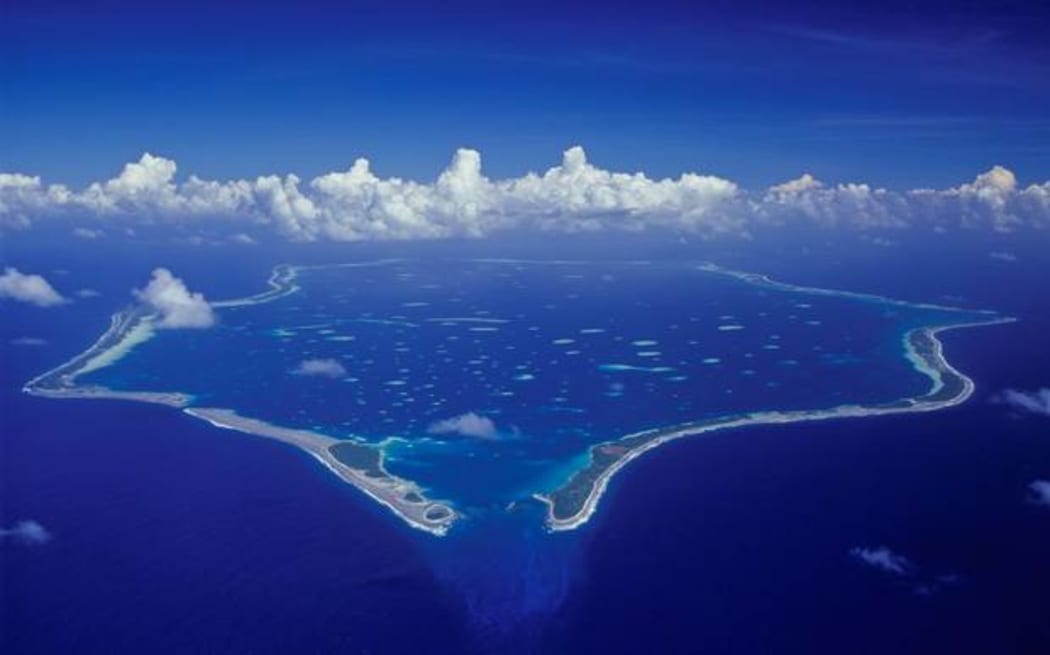
Penrhyn in the Cook Islands Photo: Ewan Smith
Ms Sadaraka said of the 21 employees interviewed, only two reported they had not experienced sexual harassment by a customer and those two had had little contact with guests.
"I've had groping, I've had men try and shimmy up to me, coming too close into my personal space. And I've had the uncomfortable staring where they're looking you up and down," one cafe owner told Ms Sadaraka.
Some workers reported that their bosses encouraged them to play up to the tourists.
"During the tour, I have to take my shirt off to make it more exciting for them. It's my job. I can sense the men don't like it, because of my tattoos and because I look good. They feel uncomfortable because of their partners. But the women love it. When I take my shirt off the ladies say "Wow!," said a male tour guide.
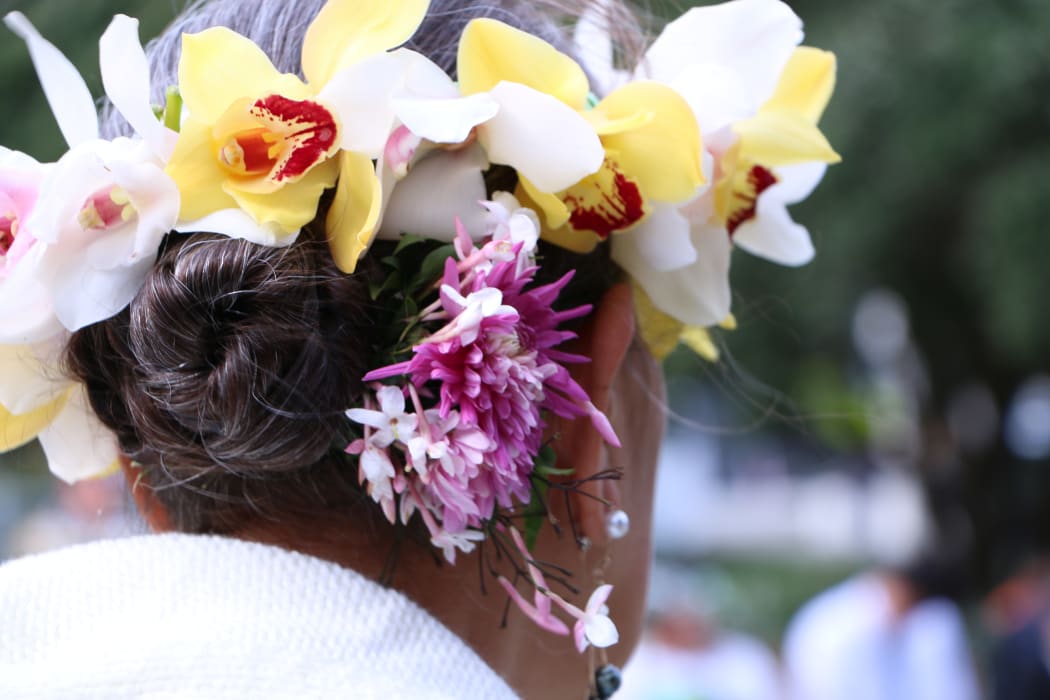
Photo: RNZ / Daniela Maoate-Cox
Concern at "sexualised" cultural shows
Discussion about the perceived reasons for high rates of sexual harassment was also part of the study and Ms Sadaraka said participants were most vocal about inauthentic cultural dances and costumes and their effect on customers.
"To me the guys grinding when they dance, to me that is actually sexually teasing our customers. Because that is not our culture!" said one interviewee.
Several participants said at cultural shows the style, technique and movements of female dancers had changed considerably and costumes were more revealing than in the past.
"We're putting our beautiful young women to be sexualised as an object because our dance is sexualised and it's erotic," a hotel manager said.
"If our visitors think it's okay to yahoo on stage with a scantily clad girl, do they think they can then transfer that behaviour into their general conduct whilst here? I think this has a big impact on their behaviour."
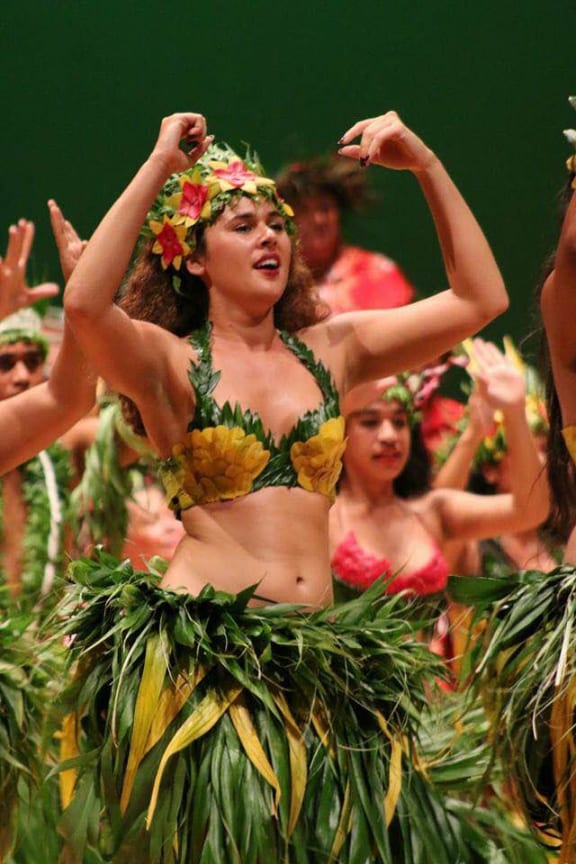
Dancers at the 51st anniversary of self-governance with the annual Constitution Day ceremony at the National Auditorium on main island Rarotonga. Photo: RNZI/Eipuatiare Arthur
Ms Sadaraka said tourism marketing slogans like "Play With Me" and 'dusky maiden' style imagery were sending the wrong message to visitors.
"Somebody needs to craft some good words talking about the authenticity, warmth and friendliness of the people, the expectations by us to respect our people and our environment," one interviewee said.
A bar attendant was concerned that the warm nature of Cook Islanders was being misunderstood.
"I think our friendliness can be misinterpreted by visitors because it happens a lot to me. It's like no mate, I ain't hitting on you, I'm just being friendly, showing you our Cook Islands way," she said.
Ms Sadaraka said her research, covering a traditionally taboo subject, had been welcomed by the Cook Islands tourism industry.
"I think it was just this realisation that, actually, we do need to stop and think about this," Ms Sadaraka said.
"We need to start breaking down those barriers and bringing this issue to the fore because it's impacting on our industry, it's impacting on our people, it's impacting on our communities."
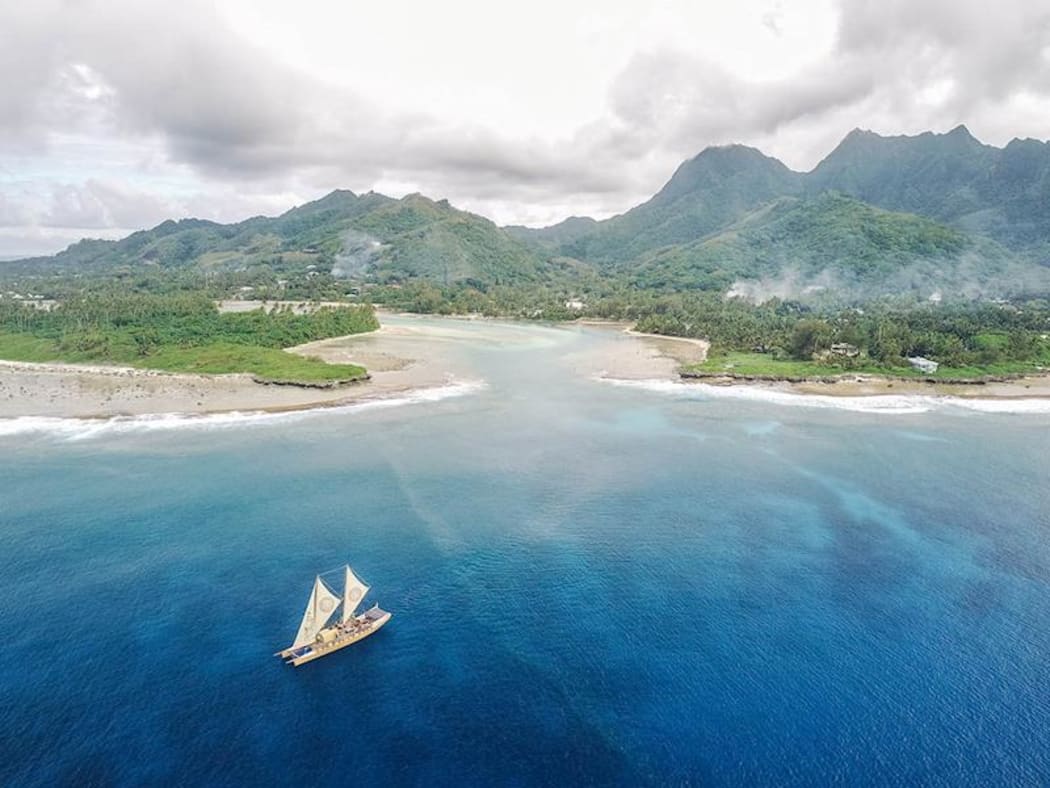
Although we are separated by Moana Nui O Kiva, it is the ocean that connects and binds us. We have already received so many messages of support, and wonderful pledges of assistance from those wanting to help. Photo: Marumaru Atua - Give a little page
She said ten out of 11 employers interviewed admitted to not having policies and procedures in place to counter sexual harassment.
While some workers admitted tolerating the harassment as part of the job, Ms Sadaraka said it was leading to a loss of productivity and people moving out of the industry altogether, with implications for the industry in a tight labour market.
She also said the study had implications for other Pacific island countries which relied heavily on tourism.


